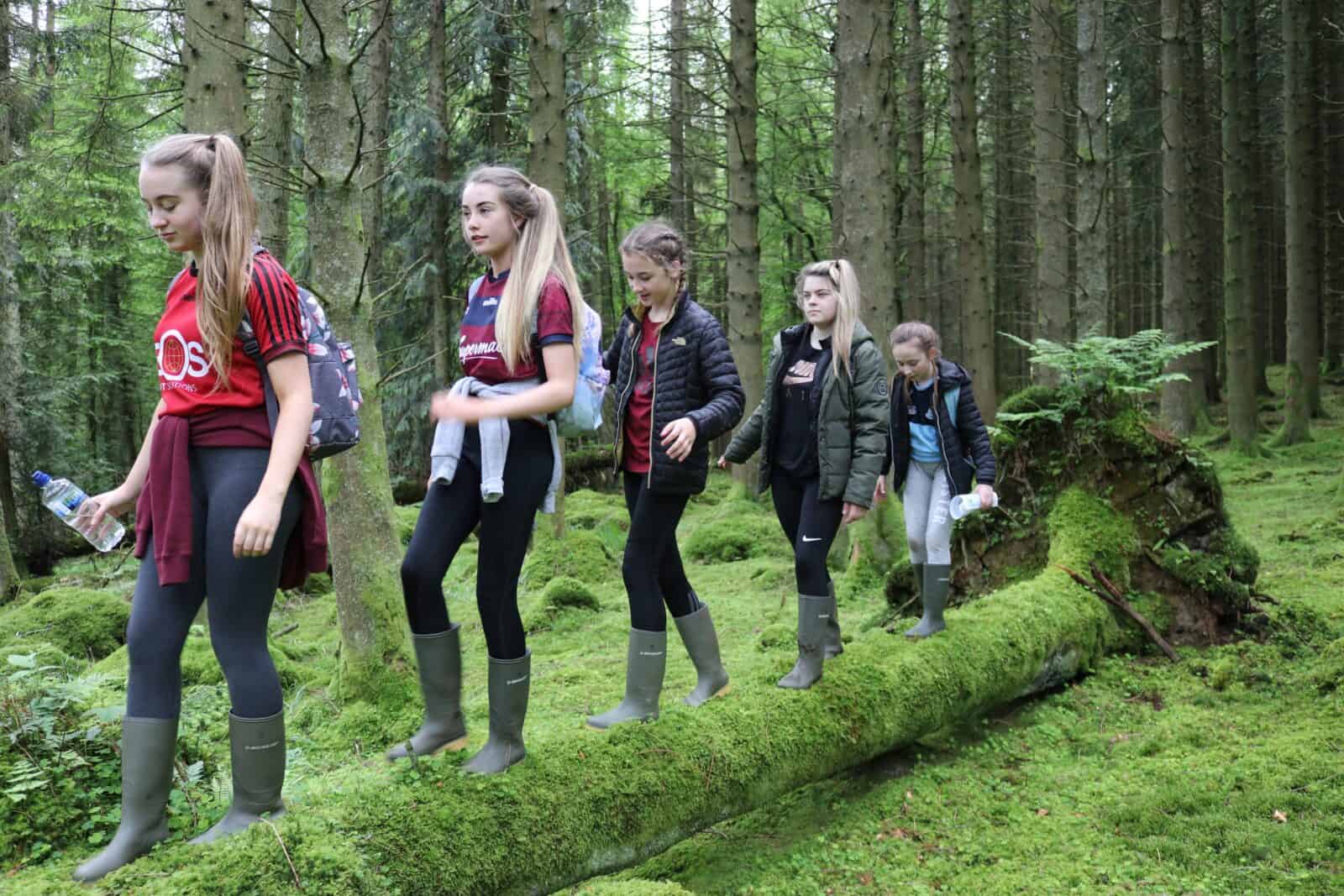Example Timetable
The following is an example of how a 3-day course might look. Our courses are as flexible as possible to meet your requirements, with other topics and skills able to be substituted into this timetable. There will be some variation between what is offered at specific centres due to the different environments available.
Day 1
Arrive Midday
- Students greeted by Field Studies Council staff.
- Welcome talk and centre tour. Allocation of wellies and waterproofs.
- Pre-course meeting with our staff and teachers.
First session – The benefits and barriers to outdoor learning. Students will consider what makes great outdoor learning, how it benefits all of us and how to get the best out of a session. Barriers will be broken down including practical risk assessment sessions to identify hazards and practice behaviour management in context.
Second session – Team building games and problem solving. Students will start to explore the basics of outdoor learning activities, how to lead games and activities to improve team building and problem-solving skills whilst building confidence and resilience.
Evening – Night walk. On a night walk around the grounds we will continue to look at the benefits of experiential learning while bat detecting, moth trapping, and star gazing (weather dependant).
Day 2
Morning – Physical geography activity *environment dependent on learning location.
Students will visit a local site of interest to carry out a fieldwork activity linked to the physical geography curriculum, e.g. river measurements, and consider how outdoor learning can inspire and support teaching, including promoting student led-learning and critical thinking. Wider cross-curricular links will be considered, including numeracy and literacy.
Afternoon – Human geography activity *environment dependent on learning location.
Students will have the opportunity to carry out a second fieldwork activity focusing on human geography themes. e.g. exploring a honey-pot site. They will consider how qualitative methods can be used to investigate a special place and how contextualised learning outdoors can help deepen understanding of the interaction between physical and human processes.
Evening – Camp fire reflection.
Showcasing reflection activities and techniques, idea sharing and fun games to try.
Day 3
Morning – Practical bushcraft skills and eco-action.
A carousel of activities to try including fire lighting, making damper bread, elder bead necklaces, and eco activities such as pinecone feeders and bug hotels. Students will go away with plenty of practical skills and ideas to try at school.
Depart at Midday
- Review of the course.
- Signposting further actions and opportunities with the Field Studies Council and beyond.
- Final farewell from staff.
If you’d like to find out more about ITE / PGCE courses, or make an enquiry for booking please complete the form below or speak to us on 01743 852100.

